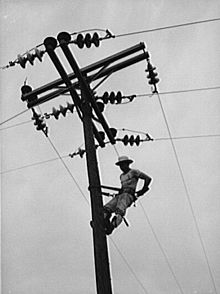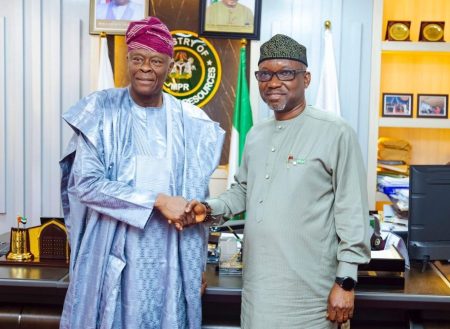16 September 2015, Abuja – Stakeholders in Nigeria’s power sector Tuesday faulted the inability of power generation plants built under the National Integrated Power Projects (NIPPs) to fully come on stream on the failure of the federal government to decisively tackle the lingering gas supply challenges of the plants.

The stakeholders, who spoke at a two-day power investment summit organised by the International Finance Corporation (IFC) in Abuja stated that the idle state of the over $5 billion (about N996.2 billion) NIPPs plants on grounds of lack of concrete gas supply terms was appalling.
One of speakers who spoke at one of the sessions: ‘Sustainable and Profitable Gas Sector’ at the Powering Africa Nigeria Summit, Ransome Owan said that the government has been unable to provide answers to lingering questions about sustainable gas supply to the NIPPs.
Owan, a one-time Chairman of the Nigerian Electricity Regulatory Commission (NERC) and now the Group Managing Director on Power for AITEO Group said: “Even with over $5 billion invested in the NIPPs, they are down as gas is not there to power them. The projects cannot come to a financial close because there is not enough gas for the plants.”
He further explained that: “The Nigerian Bulk Electricity Trading Plc (NBET) cannot sign their Power Purchase Agreements (PPAs) unless they answer these two things: do you have gas and can you evacuate power? And the seller, which is the government, cannot answer the questions.”
Owan maintained that the federal government should take the risks for supplying gas to power companies because it is a major player with International Oil Companies (IOCs), and also owns the Nigerian gas pipeline and its associated infrastructure.
“To have a sustainable gas sector, the risk should not be with the IOCs, the gas transporters or the power companies. It is the federal government of Nigeria because it has the army, the joint taskforce to protect the infrastructure,” he added.
While advocating for a single gas regulator for Nigeria, Owan said: “To gasify our economy, we would need to have a sector regulator to set a foundation, the rules and regulation for the market. This was done in the power sector.
“As pioneer regulator we created the power reform Act and now we have the second generation regulation. We have come from PHCN being one company to 11 companies and more been sold in 2013 for about $3.1 billion.
“We now have 10 NIPP plants that have been auctioned for about $5 billion. In all of this, the country still has benefits in the privatisation because it owns 40 per cent in Discos and 20 per cent in Gencos.”
Also in his contribution, the President of the Nigerian Gas Association and CEO of Oando Gas and Power, Mobolaji Osunsanya said that it would appear as if the NIPP was designed by government to fail.
According to Osunsanya: “The NIPPs were designed to fail. Nobody builds that size and scale of power plants without being sure of dispatch and gas supply.
“The solution of gas supply risk will be a federal government backed instrument but the IOCs, the gas transporter and other parties must also give assurance of supply within their purview.”
Equally, Audrey Joe-Ezigbo, Executive Director of Falcon Petroleum noted that the possible solution to the challenges would be for the new government of President Muhammadu Buhari to look at the gas regulating agencies and collapse them for review.
He said in this regard: “Gas is a critical resource in this country, it is the implication of power for any economy. For the agencies that government will retain, the processes should be reviewed.
“Ultimately, we must get to a point where there is a Ministry of Gas in Nigeria.”
- This Day



